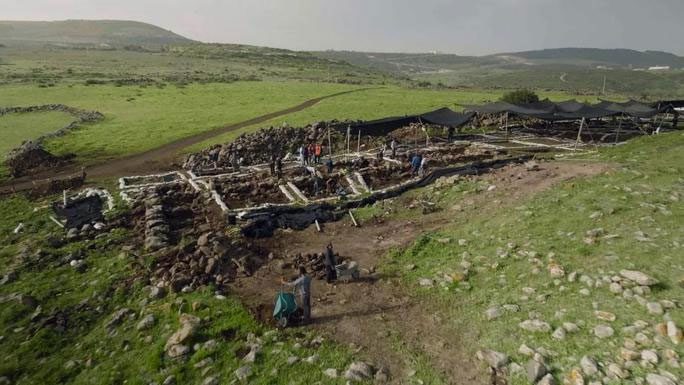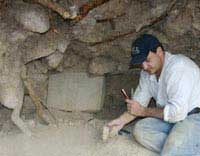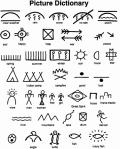An unparalleled archaeological treasure of immense value has just been discovered in Israel, where most artifacts are remarkably well-preserved and contain a wealth of valuable information.
According to Live Science, this is a 2,100-year-old farm that was abruptly abandoned, possibly to escape an invasion by the forces of the ancient Hasmonean Kingdom.
Archaeologist Amani Abu-Hamid, the head of the research team from the Israel Antiquities Authority (IAA), describes it as a “time capsule” that has been “perfectly frozen.”

Excavation site of the “treasure farm” in Israel – (Photo: IAA)
The artifacts found appear as if they were still engaged in the daily activities of the people who “vanished” 2,100 years ago, with intact ancient jars and weaving scales still hanging on the shelves.
Given its age and preservation, the items in this ancient farm hold unparalleled value.
The research team also discovered agricultural tools such as iron hoes and sickles, as well as coins dating back to the 2nd century BCE.
According to the IAA, the artifacts do not reveal much about daily life on the farm, but the unusually high number of weaving looms suggests that textile production was a primary occupation here, indicating that the farm may have once raised a significant number of sheep.
Excavations also revealed traces of overlapping settlements in the area, including the foundations of buildings and pottery dating from the 9th to the 10th centuries BCE, according to The Times of Israel.
The pottery was dated based on crafting styles, while organic materials revealed their age through radiocarbon dating using carbon-14.
Archaeologists stumbled upon this magnificent “treasure world” at a site named Horbat Assad, east of the Sea of Galilee, during a survey for a $270 million water pipeline construction project from the Mediterranean coast. The new pipeline is part of a desalination project aimed at providing fresh water for agricultural lands in Israel and neighboring countries.




















































